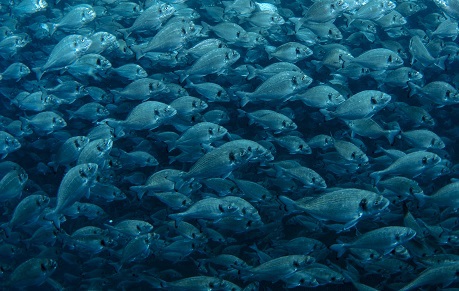Trace Mineral Nutrition in Shrimps

Trace minerals such as copper, zinc, manganese, iron and selenium are essential dietary nutrients for farmed shrimps, and play a very important role in their health and growth. Minerals are stored in the shrimps’ muscle tissues and exoskeleton. When shrimps shed their exoskeletons and regrow new ones – during the molting process, which happens regularly to enable their growth – they lose the minerals stored in the shed exoskeleton (exuvia). This may lead to a suboptimal body mineral status, which can compromise the animal’s health. Shrimps rely heavily on optimal trace minerals for the proper functioning of their innate immune defence system (antioxidant, melanisation) to fight against stress and opportunistic pathogens.
